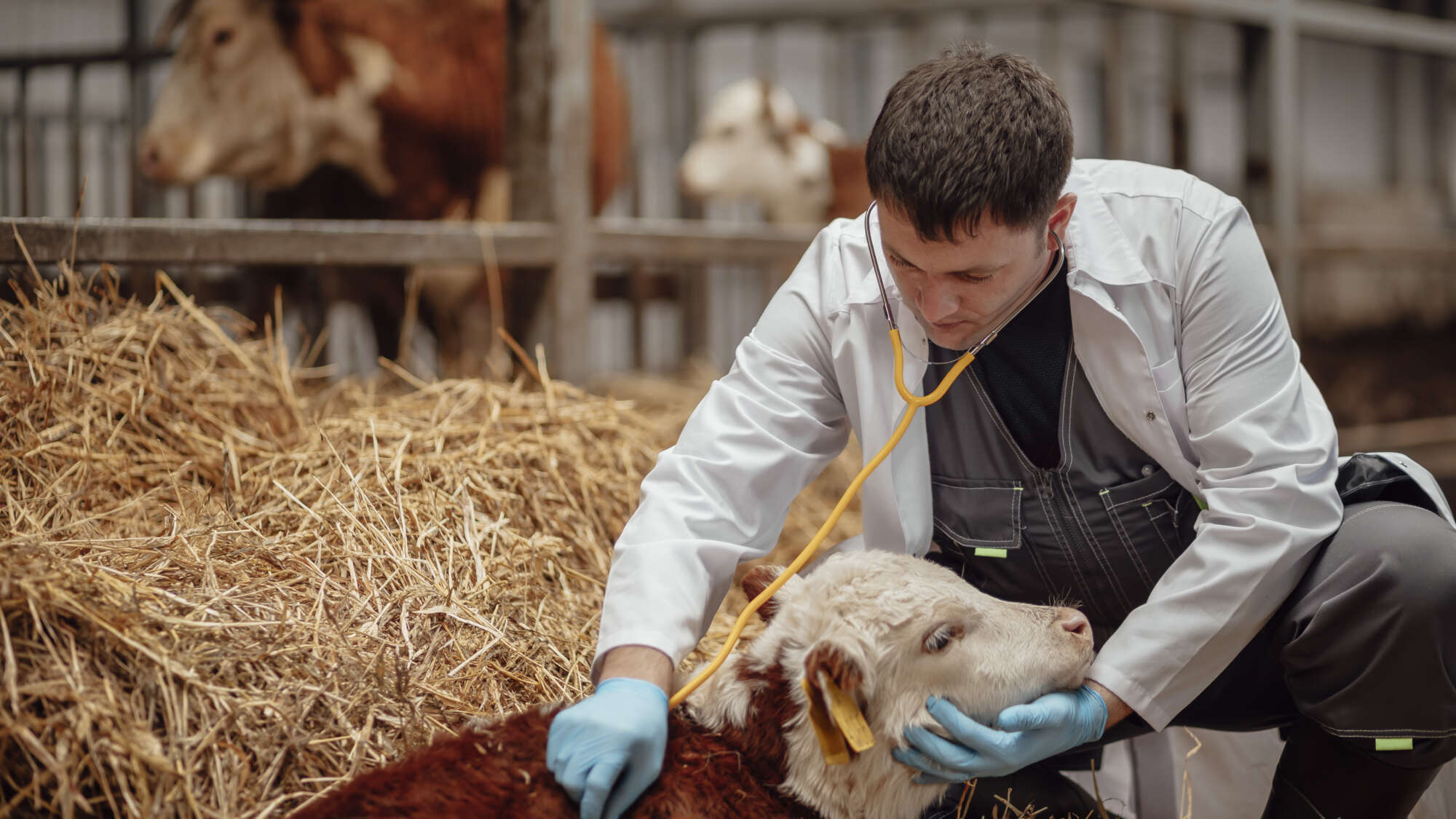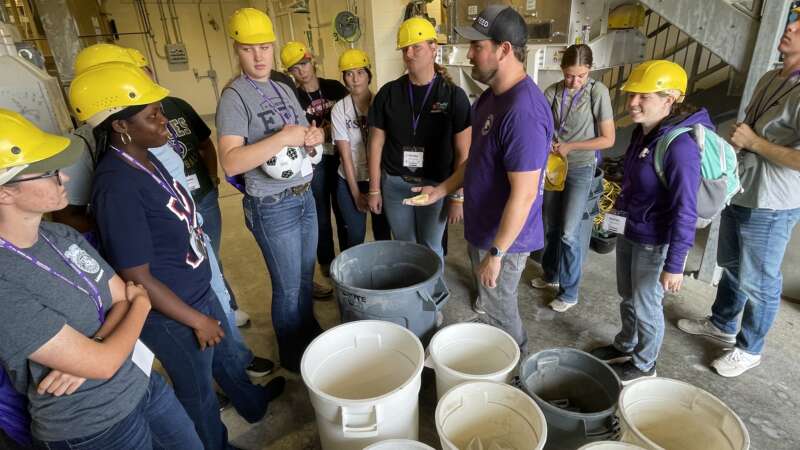K-State researchers work to combat bovine pulmonary and respiratory diseases
If you’re sinking your teeth into a juicy hamburger or steak, you’re likely enjoying the product of a Kansas ranch. To keep those beefy bites coming, K-State scientists are working to make sure cattle stay healthy from pasture to plate.
Bovine respiratory disease, the most common illness in cattle, is a persistent threat. Brad White, production medicine professor and director of the Beef Cattle Institute at K-State, understands the gravity of this threat and is now on a mission to diminish it.
As part of a team of eight cattle and university organizations nationwide, researchers at K-State will utilize nearly $2.5 million from the International Consortium for Antimicrobial Stewardship to provide the entire cattle community with pulmonary and respiratory disease identification and management tools.
“The idea for this project was generated by questions from producers related to late-day pulmonary disease,” White said. “We formed a multidisciplinary team to better understand this disease and to identify better methods for disease prevention, identification and control.”
Bovine respiratory disease, or “shipping fever,” is caused by a variety of factors, including viruses, bacteria and environmental stressors. In addition to other prevalent diseases like interstitial pneumonia, these diseases terrorize cattle late in the feeding stage.
The illnesses terrorize ranchers as well. Between animal death, reduced feed efficiency and treatment costs, ranchers lose around $900 million annually.
The treatment of these diseases — most often antibiotics — is declining in effectiveness.
“Antibiotic resistance is a major global public-health threat,” said Jasmine Bruno, Foundation for Food and Agriculture Research scientific program director.
“Dr. White’s research can lead to reducing the need for antibiotics and help the beef industry use them more judiciously,” she said.
The project will equip veterinarians and producers with better-informed practices for disease prevention and treatment. The team is assessing mortalities to generate data that will help create late-date pulmonary disease uniform criteria, which will lead to consistent classification and counting of cases.
This research will utilize other tools, including historical data and economic data, to build the most comprehensive assessment of cattle pulmonary disease ever reported.
Support the College of Veterinary Medicine.
Written By: Abbigail Marshall
Curated from: https://www.k-state.edu/today/announcement/?id=98836





